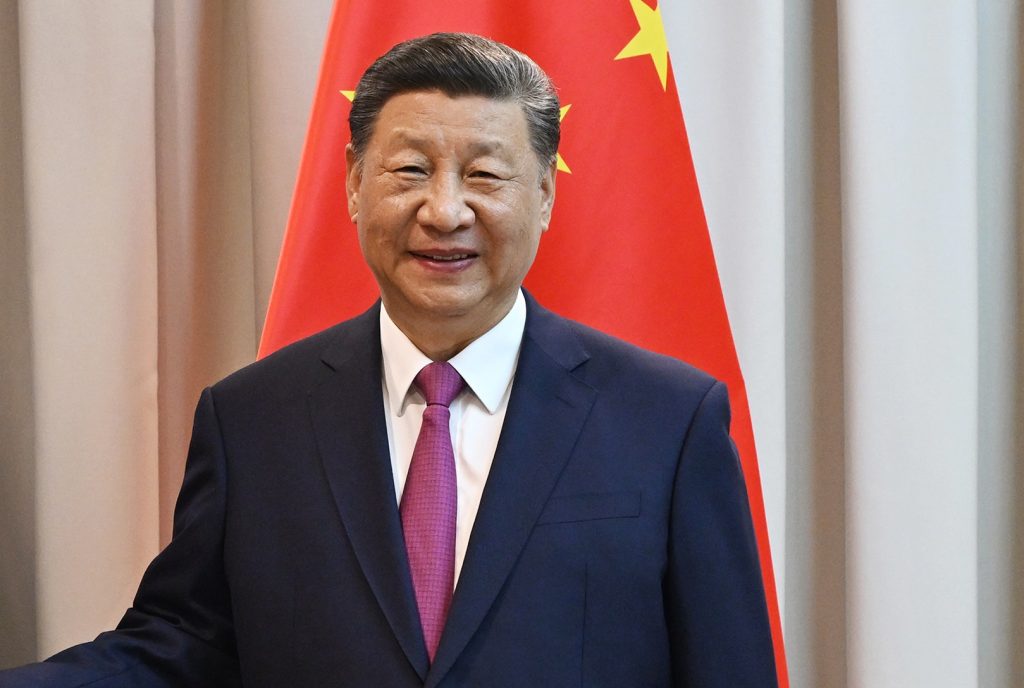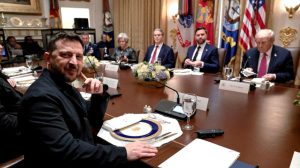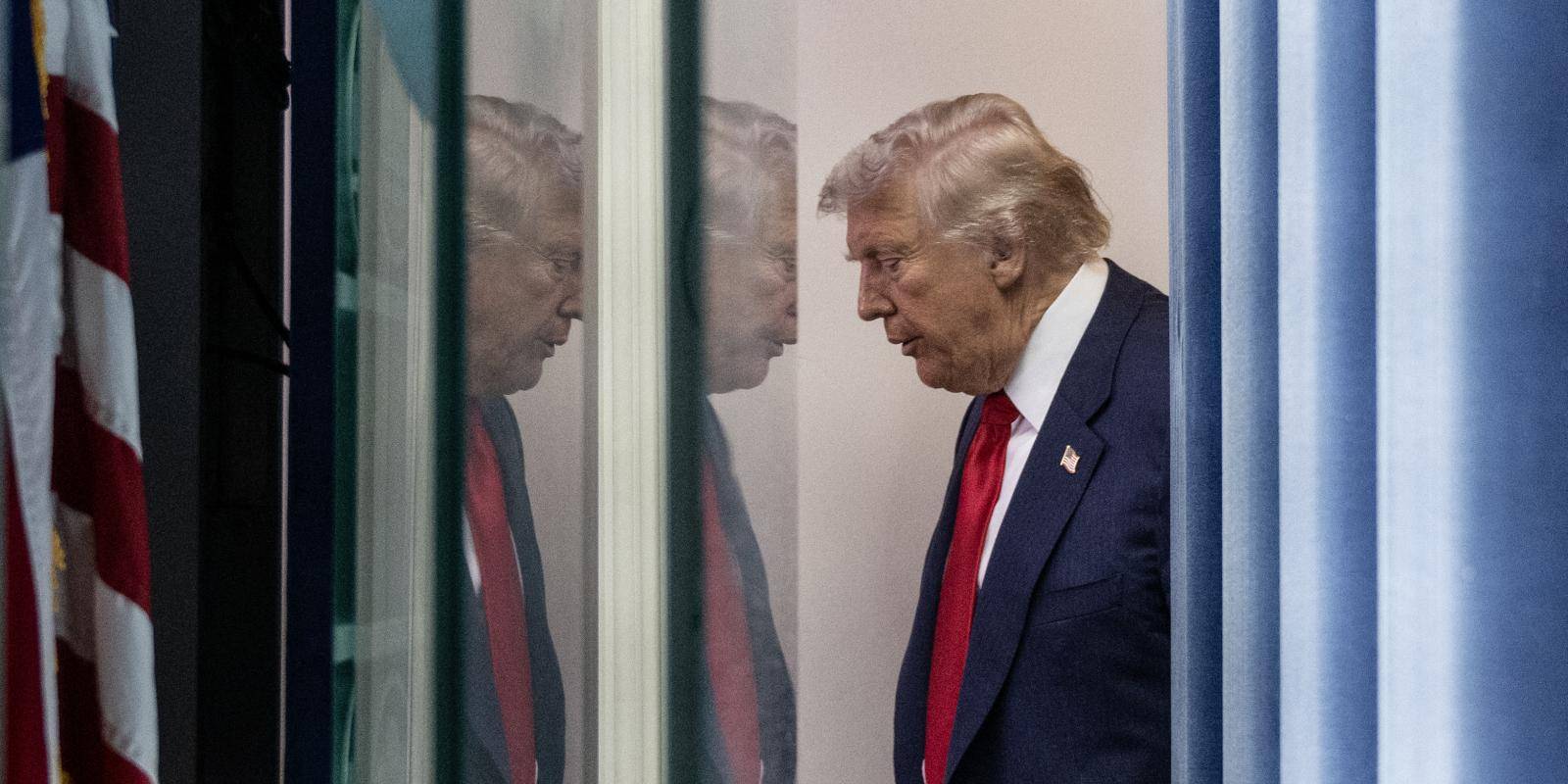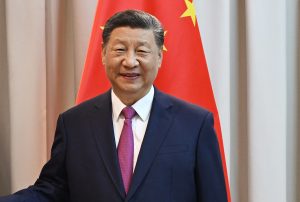Fair deal with China?

Former U.S. President Donald Trump has struck a surprisingly optimistic tone on relations with China, signaling a potential willingness to reach what he described as a “fair” trade deal with Chinese President Xi Jinping. However, his words came paired with a sharp warning — renewed tariff threats and promises to tighten America’s economic leverage if Beijing fails to cooperate.
Speaking during a recent address, Trump emphasized that any future trade pact must prioritize American industries, jobs, and intellectual property rights. He acknowledged past disputes over tariffs and market access but expressed confidence that “a fair deal is possible” if China engages in “honest and balanced” negotiations.
At the same time, Trump reaffirmed his commitment to strengthening military alliances in the Indo-Pacific. He announced plans to expedite U.S. submarine deliveries to Australia under the AUKUS security pact — a move widely seen as a counterbalance to China’s growing naval influence in the region.
While the remarks have been interpreted by some as a sign of diplomatic flexibility, others see them as a strategic maneuver — projecting both openness and deterrence. By coupling trade diplomacy with military assertiveness, Trump appears to be signaling that the path to economic cooperation with Beijing must coexist with a firm defense posture in the Pacific.
Analysts note that China’s response will likely determine whether this dual-track strategy leads to renewed talks or escalates existing tensions. For now, Trump’s blend of negotiation and warning has reignited debate over how the next phase of U.S.–China relations will unfold — balancing trade, power, and global stability.





